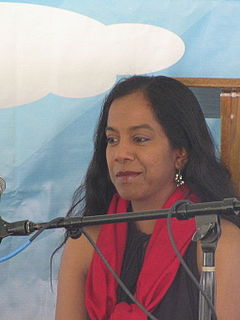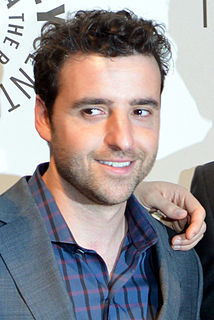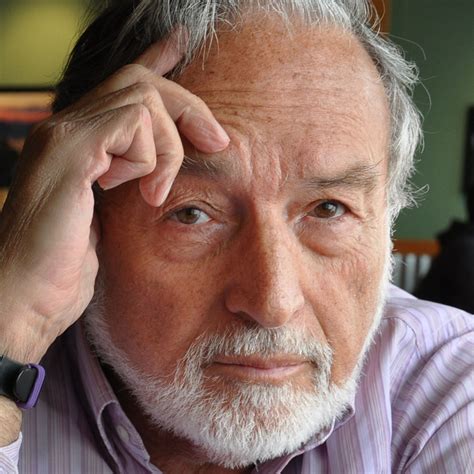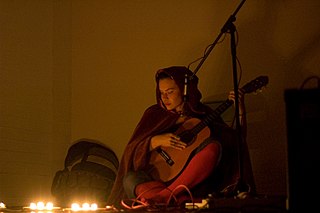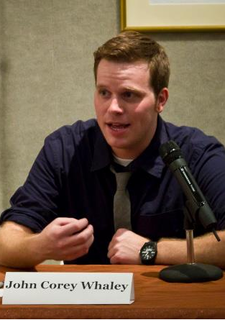A Quote by Ru Freeman
Fiona McCrae is a really amazing editor. Really smart and very astute about what a story needs.
Related Quotes
I always thought the editor should cut the film and so I'll come in and look at the movie. Just because that's the only way I can really see the ideas of the editor, it's really working together. Yes it's a hierarchy, yes I'm the boss, but I like to see and to think about the idea, and it's about us asking, 'do we have to say that?' and, 'how do we make it there?' So it's advising the editor, it's very give and take, it's very free, but in the end, it's wonderful once you get through the first couple of cuts.
You have to appreciate the spiritual component of having an opportunity to do something as wondrous as writing. You should be practical and smart and you should have a good agent and you should work really, really hard. But you should also be filled with awe and gratitude about this amazing way to be in the world.
The Muslim women that I have met are super-powerful and amazing and smart and they are, they're not allowing themselves to be held back by the laws that exist. And you know, the Internet exists now, and mobile phones are freeing up stuff. I have a really good friend who's from Iran and a really good friend who's from Kuwait, and they talk about getting music on the black market and how that's such an intense, amazing experience. And how they value the music so much more, because it's such a risk to own it.
I worked as an assistant editor, actually, for a few years. That was right when I was just starting to get out at night and do a lot of stand-up, improv, and sketch work in New York. It really is invaluable. I think it pounded into me an awareness of what an editor wants and needs, in terms of clarity of a moment, where and when to start and stop a line.
